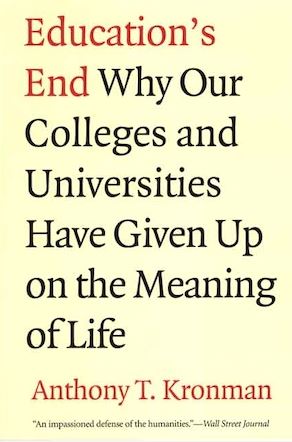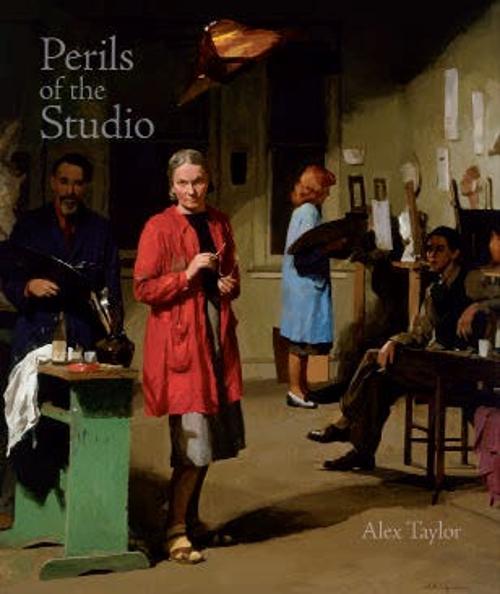Archive
Film | Theatre | Art | Opera | Music | Television | Festivals
Welcome to ABR Arts, home to some of Australia's best arts journalism. We review film, theatre, opera, music, television, art exhibitions – and more. To read ABR Arts articles in full, subscribe to ABR or take out an ABR Arts subscription. Both packages give full access to our arts reviews the moment they are published online and to our extensive arts archive.
Meanwhile, the ABR Arts e-newsletter, published every second Tuesday, will keep you up-to-date as to our recent arts reviews.
Recent reviews
Rough Justice: Unanswered questions from the Australian courts by Robin Bowles
I Peed on Fellini:: Recollections of a life in film by David Stratton
Education's End: Why our colleges and universities have given up on the meaning of life by Anthony T. Kronman
Defending Darleen Bungey
... (read more)Dear Editor,
To write the biography of an artist as prolific and complex as Arthur Boyd is an ambitious undertaking, as Ian Britain notes in his review of Darleen Bungey’s account (February 2008). Her book took seven years to research and write; it underwent considerable peer review.
As its commissioning editor, I was delighted by Bungey’s highly original, imaginative and evocative prose. If Britain prefers, as he states, ‘the austerities of Franz Philipp’s seminal study ... Janet McKenzie’s beautifully economical monograph ... the poised, elegant restraint of Brenda Niall’, then he is so patently lacking in sympathy with this endeavour that he is unlikely to be fair to its author. And he isn’t.









